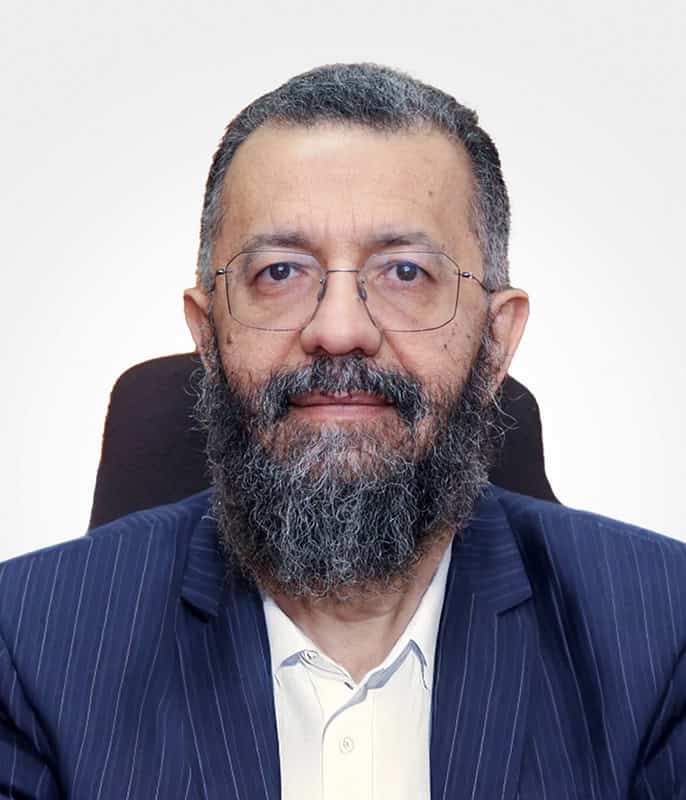Global Finance spoke with Yousef Khalawi, secretary general of the AlBaraka Forum for Islamic Economy, about the role of Islamic finance and economics as a holistic and sustainable framework for all economies.
Global Finance: Against a backdrop of rising debt, geopolitical and economic instability, how is the role of Islamic finance evolving to address emerging global challenges?
Yousef Khalawi: Despite its centuries-old heritage, Islamic finance is still a comparatively young industry. In its modern iteration, it is really just a half century old. Sukuk, for example, is less than 20 years old, making it relatively new compared with Western bonds.
The challenges you refer to are not merely domestic or regional—they are truly global in nature, and we see huge potential for the creativity of Islamic finance to address many of these. Take climate change, for example. Last year’s floods in Pakistan were not a result of local, or even regional actions; this is a global problem that can affect any part of the world.
Islamic finance has enormous capacity to develop new solutions to these sorts of challenges, and this is precisely the focus of the AlBaraka Forum, as it seeks to extend Sharia principles beyond the Muslim community.

GF: Where are the greatest growth opportunities?
Khalawi: Beyond the major global centers for Islamic finance of Malaysia and the GCC, Egypt, Pakistan, Indonesia, and Nigeria in particular represent huge growth opportunities for Islamic finance.
Financial inclusion is one way of unlocking that potential. In the case of Nigeria, Pakistan and Indonesia, these Muslim-majority countries each has a population far exceeding 200 million. If you consider the rate of financial inclusion in these countries, the potential for Islamic finance becomes evident.
Turkey also has great promise. Islamic finance penetration there is less than 10%, so raising that to just 20% is doubling the current penetration rates – underscoring the considerable potential for Islamic banking there.
GF: What role can Islamic finance play in advancing a more sustainable global economy?
Khalawi: The non-profit area of Islamic finance represents a huge range of opportunities for sustainability and ESG. If we were to transform the practice of zakat from an individual practice to an institutional practice, for instance, the sky is the limit. This would help institutions to focus on issues of inequality – just one of many of the 2030 Sustainable Development Goals that we are still some way off achieving, with just six years to go. Adapting the concepts of waqf and zakat at an institutional level could effect a great deal of change, especially in the world’s least developed countries.
The wider concepts and standards of Sharia-compliant investment by their nature lend themselves well to the sustainability agenda. Investments in alcohol, tobacco or military activities are prohibited anyway because these activities go against the well-being of individuals.
The fundamentals of Islamic finance have a lot to offer the whole investment industry. Even one of the largest funds in the world, Norway’s $1.6 trillion sovereign wealth fund, is moving closer to Islamic fundamentals. There is huge potential to explore this much more at a global level. So many CEOs in Islamic finance are focused only on the needs of Muslims seeking Sharia principles, but the potential is so much greater.
GF: Are the core principles and objectives of Islamic economics a challenge to communicate to younger generations? How does Gen Z perceive Sharia principles?
Khalawi: That is a great question. Communicating with younger generations is key. Consider Turkey, where penetration remains below 10% in a country that is 99% Muslim. Why is that?
Twenty years ago, how many banking CEOs were talking about ESG? As new generations become more ethically oriented, we hear increasingly about the circular economy, the green economy and ESG. In the fashion industry, for instance, there was no consideration for the environment just a few years ago. Now, there are several—mainly European—brands whose models are completely based on the circular economy.
We need to consider these factors when communicating with Gen Z. We need to understand that they are looking for a digital economy, that ethical issues are important to them, and that they are guided more by values than by brands. A lot of research has been carried out on this topic, and it’s a great development that we need to take into account.
One of the Forum’s upcoming initiatives, scheduled for launch in 2025, is the first dedicated hub for communication strategy frameworks for Islamic finance. The new microsite will offer downloadable assets for anyone interested in exploring opportunities in Islamic finance.